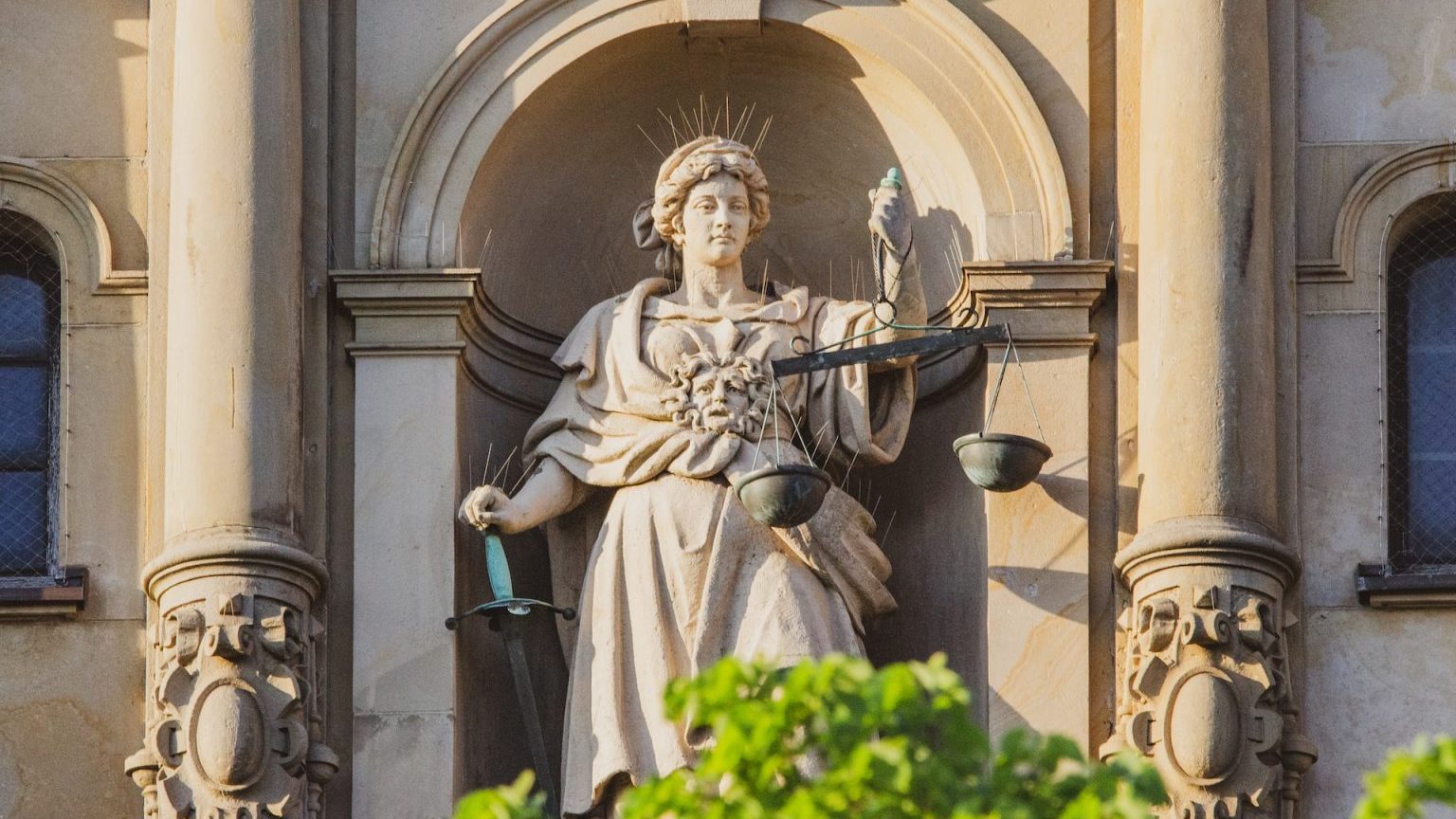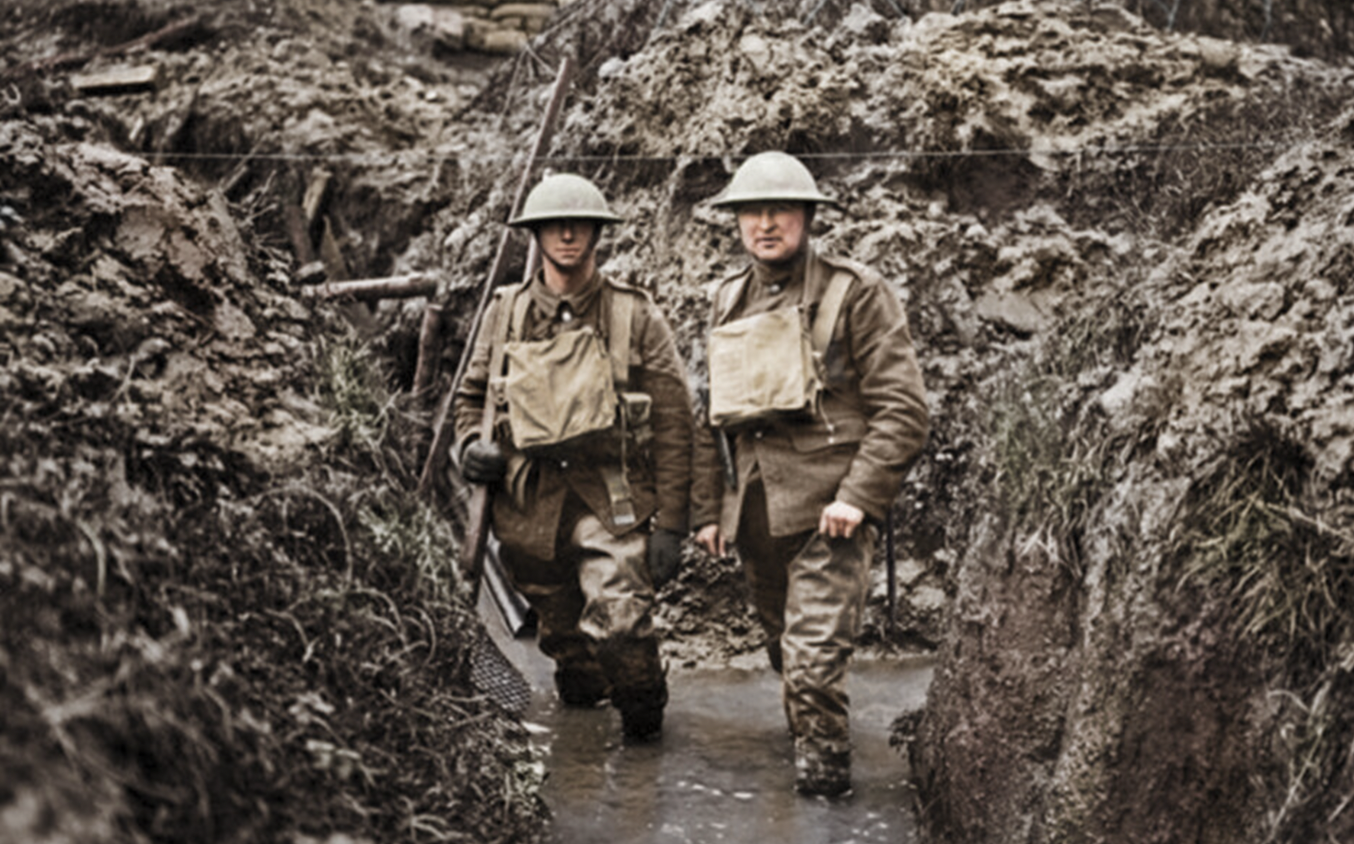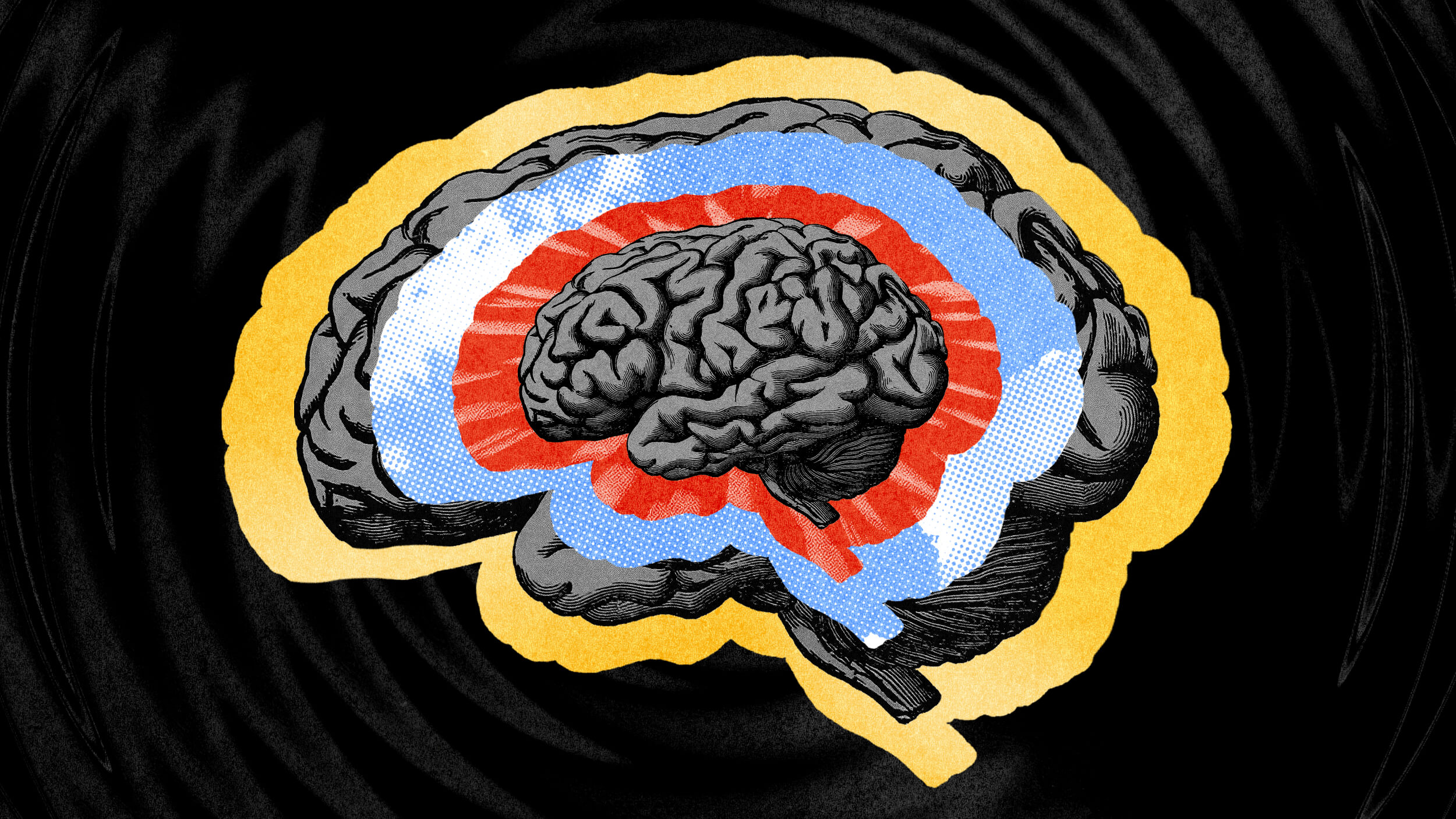Bandages, gauze, sterile eye dressings — these are some standard supplies you can expect to find in a first aid kit. But what about tools to help mend the mental and emotional wounds people suffer during traumatic experiences?
After traveling to Greece to help Syrian refugees during the height of the refugee crisis, child psychiatrist Essam Daod came to the realization that, just as it’s important to treat physical wounds as quickly as possible, tending to psychological injuries is also an urgent matter.
“I think that we have this very short window of opportunity — what I call the ‘golden hour’ — that we can really do the intervention before the, you know, [traumatic] experience can be stored and imprinted in the brain, especially for kids.”
In 2015, Daod and his wife started Humanity Crew, an organization that has so far provided more than 32,000 hours of free mental health services to refugees in the Mediterranean. The organization does its best to reframe traumatic experiences for people when it makes sense to do so — for example, helping a young refugee boy who survived a dangerous ocean journey to see himself as a strong and capable hero. This can nudge the mind to store memories as positive experiences instead of traumatic ones.






